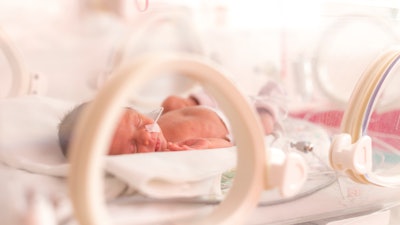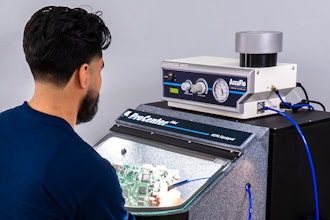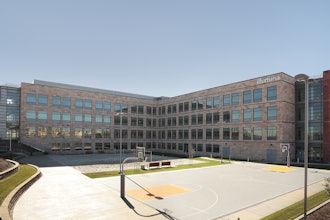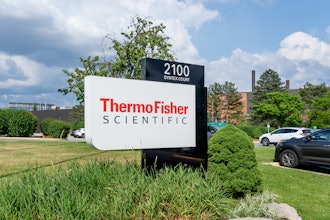
For vulnerable premature babies, an incubator in the neonatal intensive care unit (NICU) is a lifesaver, but the consequences can last a lifetime. Many studies have shown that the NICU is a noisy environment and that babies who spend time there have higher rates of hearing impairment, which can lead to delays in language acquisition. Scientists from Vienna, Hamburg, Munich, and Osnabruck set out to investigate the role of the incubator, an underestimated element in the soundscape that surrounds babies during their time in the NICU.
“The motivation of our multidisciplinary research team concerns the question: why many more premature babies suffer hearing impairments,” said Dr Christoph Reuter from the University of Vienna, corresponding author of the study published in Frontiers in Pediatrics. “We believe that what we have measured in our studies could be a leading cause. However, to understand how to protect premature infants from such noise levels, precise environment information is needed.”
Background noise
Premature babies experience noise in incubators very differently to the uterus environment. Amniotic fluid muffles sound from outside the uterus, and most sounds heard in utero will be low-frequency sounds, with almost no abrupt noises. By contrast, sounds in incubators are much less muffled with many high-frequency components and abrupt noises. Although recommended noise limits have been established, these are often exceeded, especially when incubators are handled or opened.
“Our study focused on various real-life noises and their levels as well as on their timbral characteristics, with two main purposes,” said Dr. Matthias Bertsch from the University of Music and Performing Arts Vienna, co-author. “Firstly, describing the NICU and incubator environment; secondly, providing awareness by presenting interactive material of real-life situations.”
To investigate the quality of the sound and its impact on newborns, the team placed a simulation manikin within an incubator equipped with measurement microphones at the Pediatric Simulation Center at the Medical University of Vienna. Different sounds from the NICU were recorded from both inside and outside the incubator, and analyzed to determine how they had been modified by the incubator. Both weighted decibel levels (which are often used to measure noise in similar contexts because they are adjusted to account for the range of human hearing) and unweighted decibel levels were assessed.
Lending an ear to the incubator soundscape
The team found that the incubator tended to dampen most sounds, but also caused certain sounds to resonate within its cavity, creating a booming effect and raising the noise level by up to 28 decibels. Sound that occurred inside the incubator or involved handling it was much louder than sound that occurred outside, but wasn’t perceived as loud by individuals outside the incubator.
“As closed boxes, incubators usually have an inherent resonance at around 100 Hz, ie in this range sounds inside the incubator are exceptionally loud,” said Dr Vito Giordano from the Medical University of Vienna, senior author of the study. “Noises from the outside sound more tonal inside the incubator, booming and muffled as well as less rough or noisy, because of this resonance.”
The scientists also found that the unweighted decibel levels measured were much higher than the weighted decibel levels. They determined that – although it is commonly used for similar research - the weighted levels significantly underestimated the noise levels premature babies were exposed to, because weighting is only an accurate reflection of sounds at lower levels, and is designed for adult ears, which are sensitive at different frequency regions.
“Our results are not generalizable to all incubators available on the market,” cautioned Reuter. “Moreover, we measured in a simulation room under ideal conditions and not under everyday conditions, where the sound generated by the environment would be even louder.”
The team pointed out that the goal is not to deprive babies of all sound: they should be able to hear things happening around them, for their own development. But there is an underestimated need to take sound into account when designing and using incubators. NICU noise should, the authors say, be considered a potential risk to patients’ hearing.






















